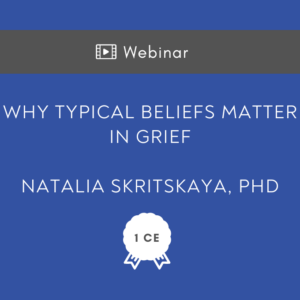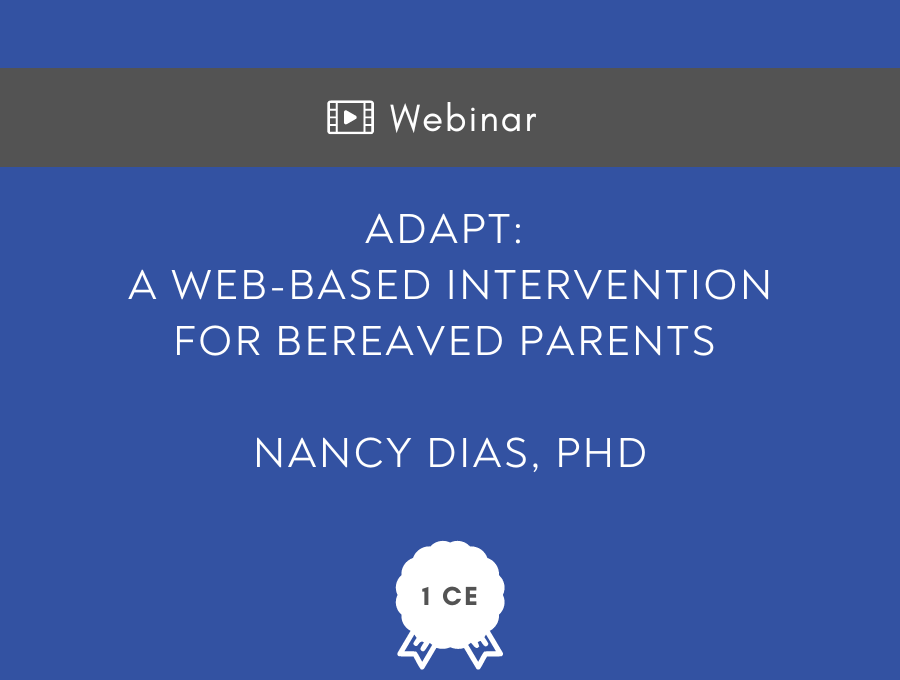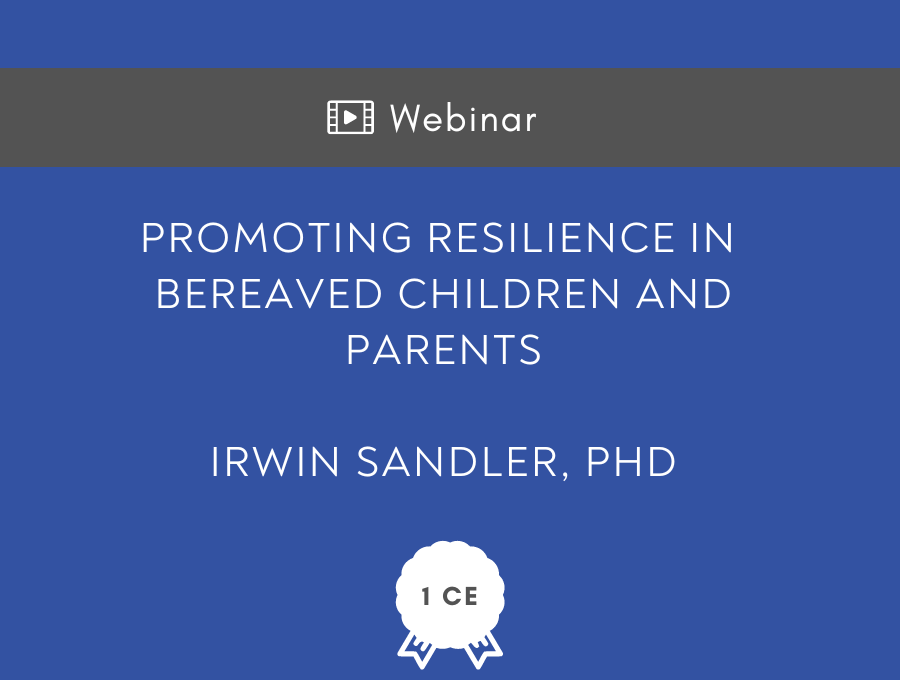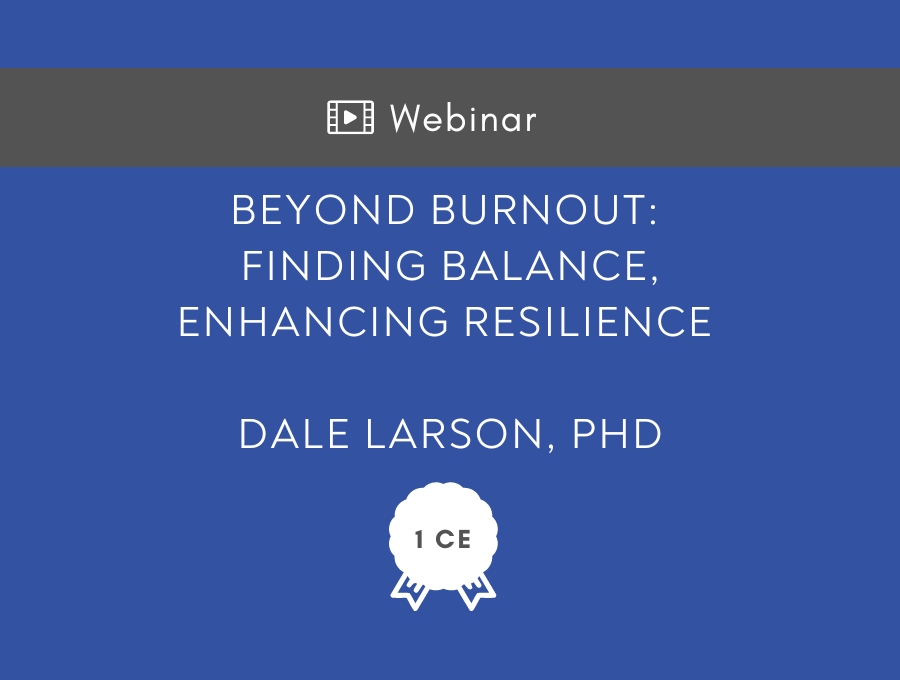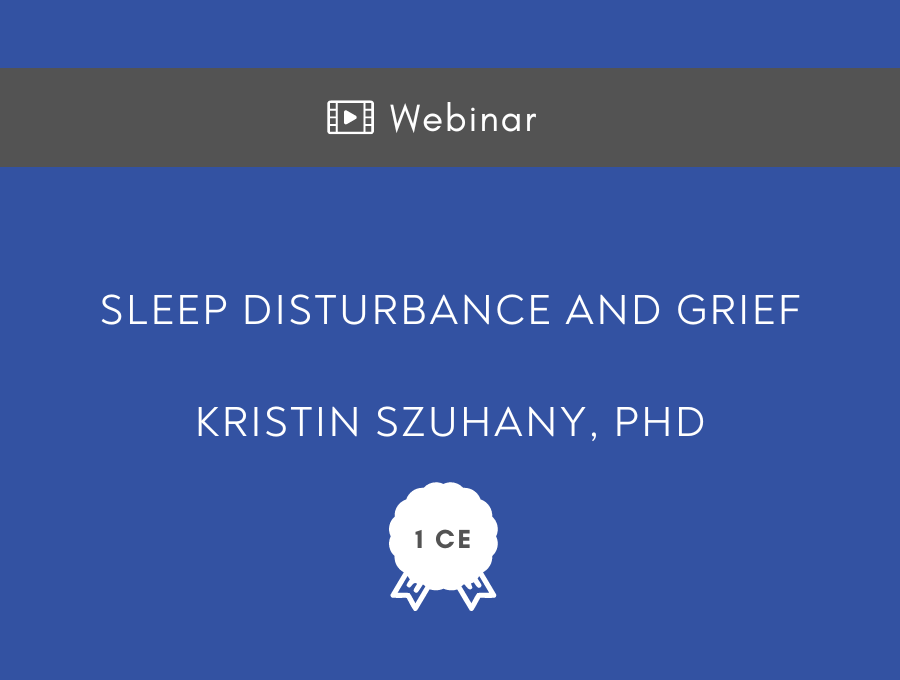Subtotal: $30.00
Product Description
Overview:
The brain plays a unique role in shaping our experience of bereavement.This webinar given by Dr. Mary-Frances O’Connor, a leading researcher in grief biology, will introduce participants to several kinds of brain data that can inform clinical work:
- neuroimaging studies of bereavement in general and of complicated grief
- animal studies of bonding and separation that can help us understand what happens in humans after bereavement
- knowledge about how the brain learns new information that can inform our understanding of the trajectory of adaptation during bereavement
- studies of cognitive functioning, particularly relevant for how this affects bereaved older adults
Dr. O’Connor is also a talented clinician and she will conclude the webinar with her observations about the clinical relevance of this neuroscience research.
Learning Objectives:
- Identify how bereavement affects brain cognition and emotion during the process of adaptation
- Explain the relevance of the biology of bonding and separation in animals to our understanding of acute grief in humans
- Describe ways knowledge of cognitive functioning may be especially important for work with bereaved older adults with and without complicated grief
Presenter:
Mary-Frances O’Connor, PhD is Associate Professor in the Psychology Department at the University of Arizona where she is the Director of Clinical Training and heads the Grief, Loss and Social Stress (GLASS) Lab. Scientific contributions from her research include how the brain processes the death of a loved one and bio-markers of adaptation during grief, primarily in the autonomic and endocrine stress response systems and the immune system. Finally, her work in clinical psychology has helped to validate the diagnosis of Complicated Grief, and points to mechanisms that may maintain this disorder. Dr. O’Connor has a forthcoming popular science book on about grief and the brain.
Additional Information
| CE Credit | Free Access, 1 CE Credit |
|---|
